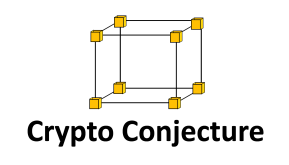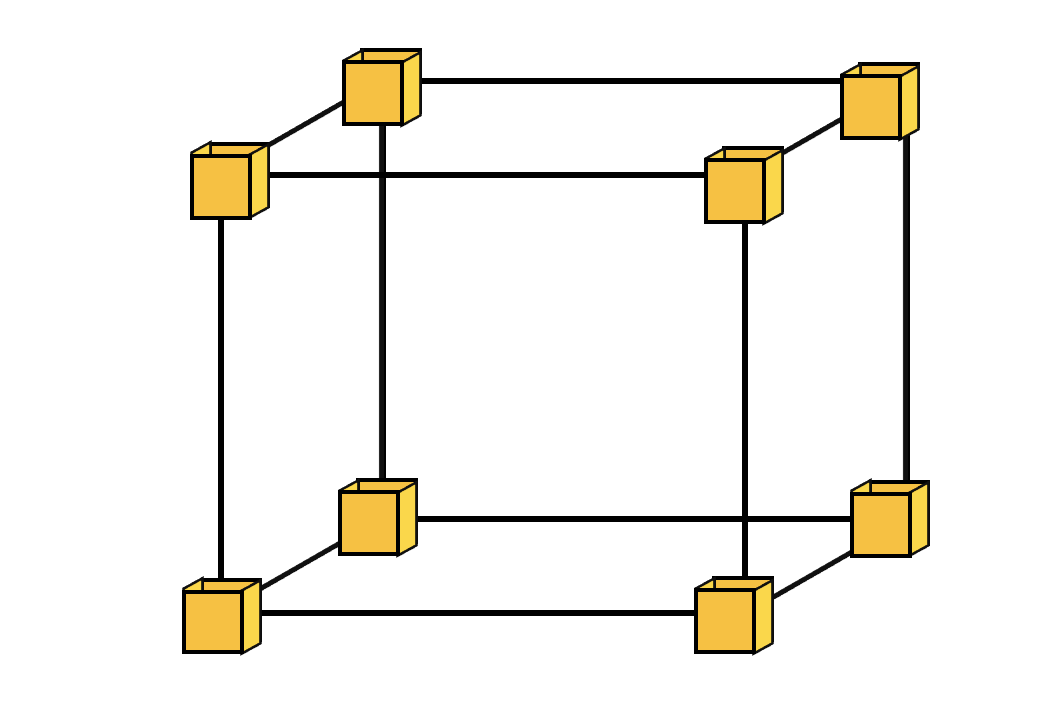It has been 9 years since the creation of Bitcoin. It took 3 to 5 years until it became more generally know. And the great media explosion around cryptocurrencies and blockchain only happened in 2015 or 2016. It is still an extremely new technology.
Even after cryptocurrencies went mainstream, the vast majority of people still do not understand them, or the concept behind the blockchain. It is a merge between everything you do not understand about money and everything you do not understand about computers… and although that lack of knowledge does not prevent some from investing in crypto related projects, most people despise (e.g. Warren Buffett) or are still indifferent (many of my friends and family) to the technology.
There is good reason for that.
Human beings are better at understanding use case examples rather than the functionality of things (I have written about this in my first post). This is true, for instance, with regard to the internet – people usually do not have a clue about how HTTP works or about the mechanics of any of the protocols that form the architecture of the internet, but everyone understands its value and what it is useful for.
But blockchain? Why do we need it?
A decent answer to that question is probably too long. I will try a short (less decent) version.

One of the many things that the internet brought us was the ability to connect to peers in an easier, immediate, costless way. Many established industries have been shaken by this enhanced connectivity. Some few examples are Wikipedia, that replaced a century old industry of encyclopedic knowledge format, or platforms (e.g. the now-defunct Napster) for music/video/content sharing, which revolutionized the way people relate to media, or the services industry (e.g. Airbnb, Uber, among other disruptors), that was extremely impacted by the easiness with which peers currently connect.
Blockchain technology – and the cryptocurrencies enabled by such blockchains – are just one more step into bringing change to a completely interconnected world, with great impact in the financial industry.
Blockchains bring a piece that was missing in the current peer-to-peer revolution – the “trustless” network, where instead of relying on a historically “trusted” individual/entity, like a bank, users will rather rely/trust the decentralized auditing system that embeds the blockchain. If you want more detail on the use of the word “trustless” in the context of blockchain, there is an easy explanation here.
Blockchain technology is even being referred to as Finance 2.0. Still, I am not claiming that the financial institutions will die and a robotic version of them will rise. But in reality, we have to admit that the financial sector has not evolved on the same pace of the technological progression. One may argue: what about all the online tools that banks use and provide their customers with? Although they are a first step, they are really just a veneer that masks the good old 20th century financial industry full of unnecessary bureaucracies and inefficiencies.
However, we have not seen this revolution in the financial sector yet. That is the main reason why so many people struggle with the concepts behind the blockchain – because they have not seen them in use in a massively adopted solution yet. However, this will come, and I guess sooner than later.
In the past 24 months, there was a ton of investment in the blockchain sector. Past the frenzy, and now loaded with cash, these startups are supposed to soon deliver on their promises. We know that many will fail – that is part of the process – yet some will succeed.
Here are some blockchain initiatives you might not have heard of:
The R3 consortium is an initiative with 200+ companies rowing towards developing blockchain technology in a meaningful way.
R3 has a distributed ledger platform intended for businesses, called Corda, with the purpose of being a bridge between various types of industries focusing on the sharing of data and on allowing direct transactions between parties without the need for intermediaries. They have already some small-scale pilot projects that have shown early success.
The same underlying idea of the R3 consortium but powered by IBM and with the participation of the Linux Foundation. It is also an important player in the market with around 200 companies participating (many of them are also on the R3 consortium) and some projects already being tested/implemented.
And as to banks, a significant portion of the banking industry is actively participating in blockchain initiatives and slowly but surely embracing the concept. As it becomes more and more obvious that the technology has come to stay, it is comprehensible that businesses prefer to surf the wave rather than fight it.
Also, many industries outside the financial sector are exploring blockchain solutions for their businesses, as is the case of the supply chain industry, insurance, real estate, and telecom. Some examples are:
A blockchain business focused in the supply chain industry, Everledger is currently tracking over 1 million diamonds, and is now targeting fine wine.
Viant focus on asset tracking solutions for the healthcare, oil and gas, and real estate industries.
Provenance is working on a transparent way to trace origin and history of products, in order to easily provide final customers with the whole journey of a product, in a reliable way.
Ubitquity became known as a blockchain company with its first project involving a Land Records Bureau in the city of Pelotas, in the south of Brazil. It is a pilot project that started in 2017 for record keeping of deeds in a safe and reliable way. Sweden has a similar project and many other countries have started testing the concept.
But most importantly, there is a growing race among nations for a prime seat at the blockchain game.

Several small countries are trying to position themselves ahead of the race, by embracing the blockchain technology and providing regulation in order to allow for a safer environment for investment and growth in this new industry. Bermuda, for instance, has been on the news in recent months for its efforts on this area.
Bermuda has been working on legislation to regulate ICOs and on providing guidance to the Fintech Industry, while at the same time maintaining its high standards in connection with KYC and AML requirements. Bermuda has also partnered with Bitfury to start using the blockchain for the island property deed’s system.
As reported by Coindesk here, this phrase by the Bermuda Premier David Burt encapsulates the whole concept: “Small ships can turn quickly. That’s the beauty of Bermuda”. And Bermuda is not alone. Liechtenstein, Malta, Gibraltar and Papua New Guinea are some examples of nations favoring the new technology and making good use of its ability to quickly turn around new regulation.
It is just a matter of time before one of the big countries jumps in – and then this race will get real traction.
Keep an open eye…


